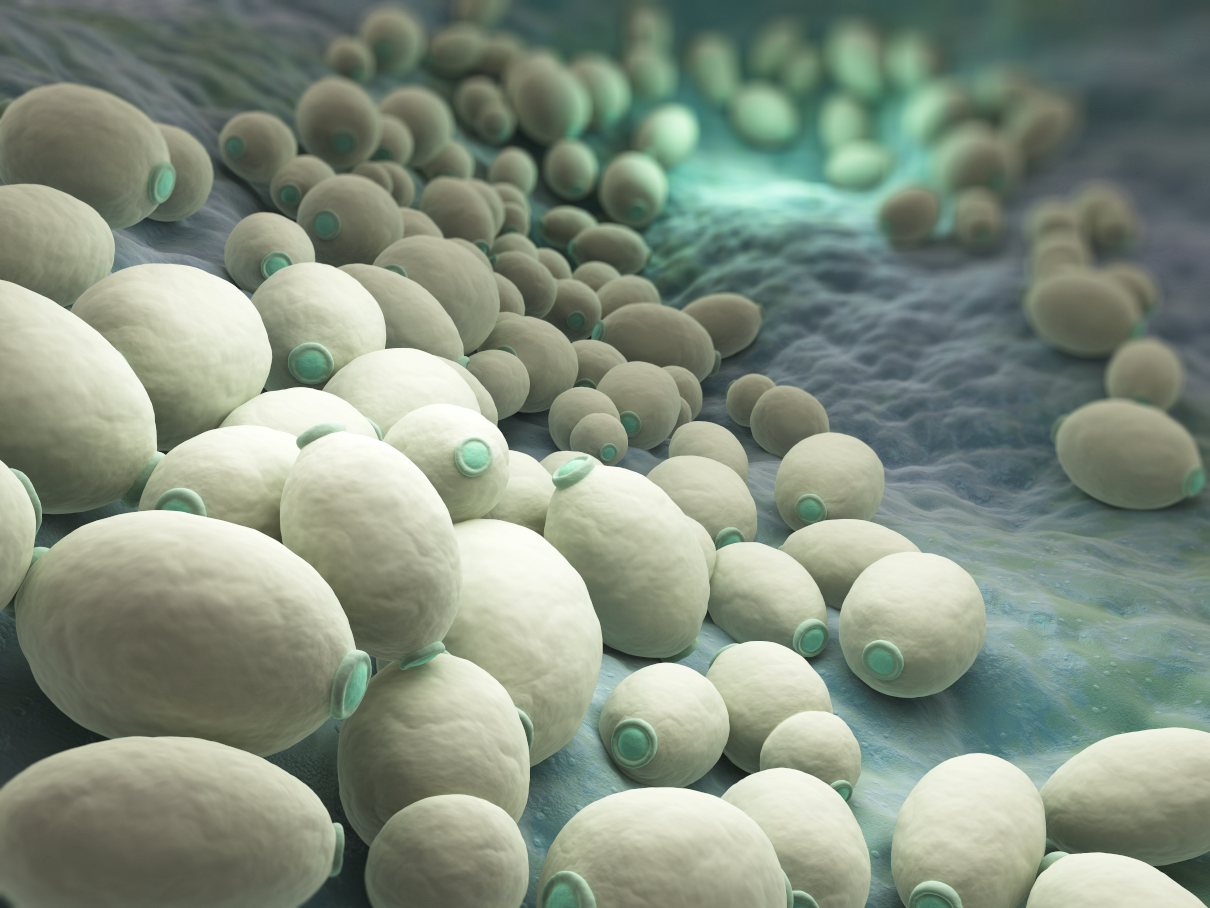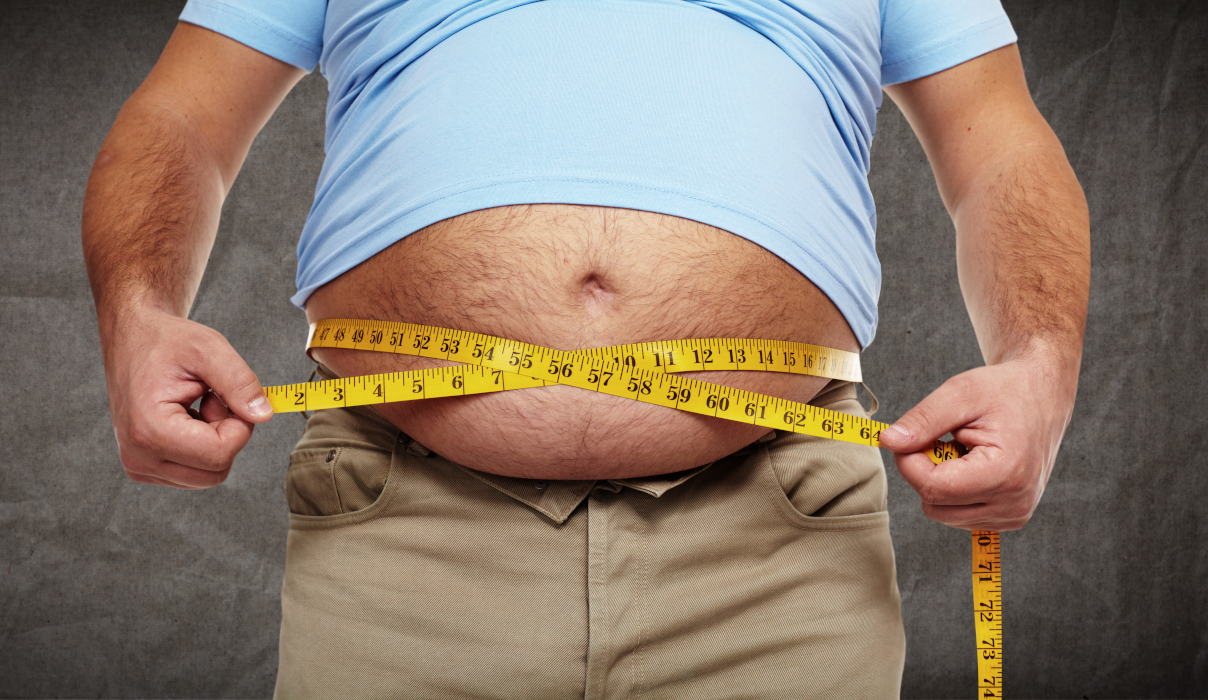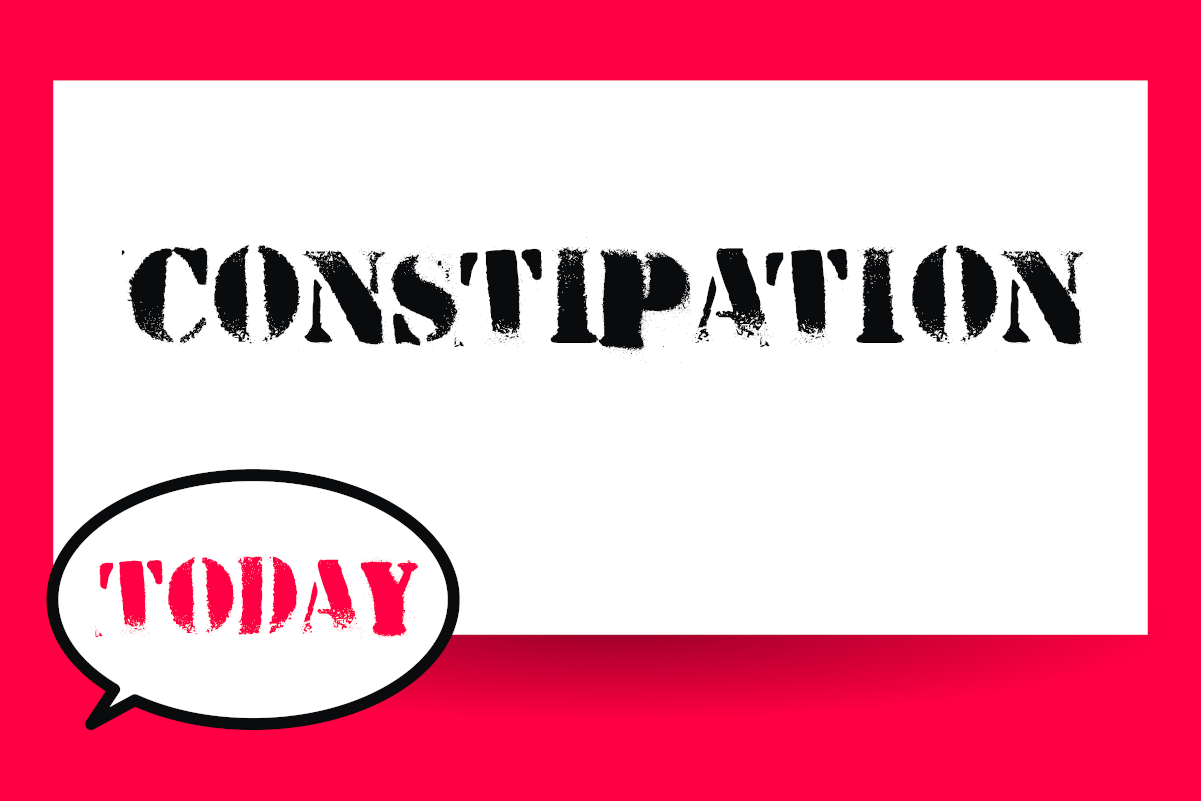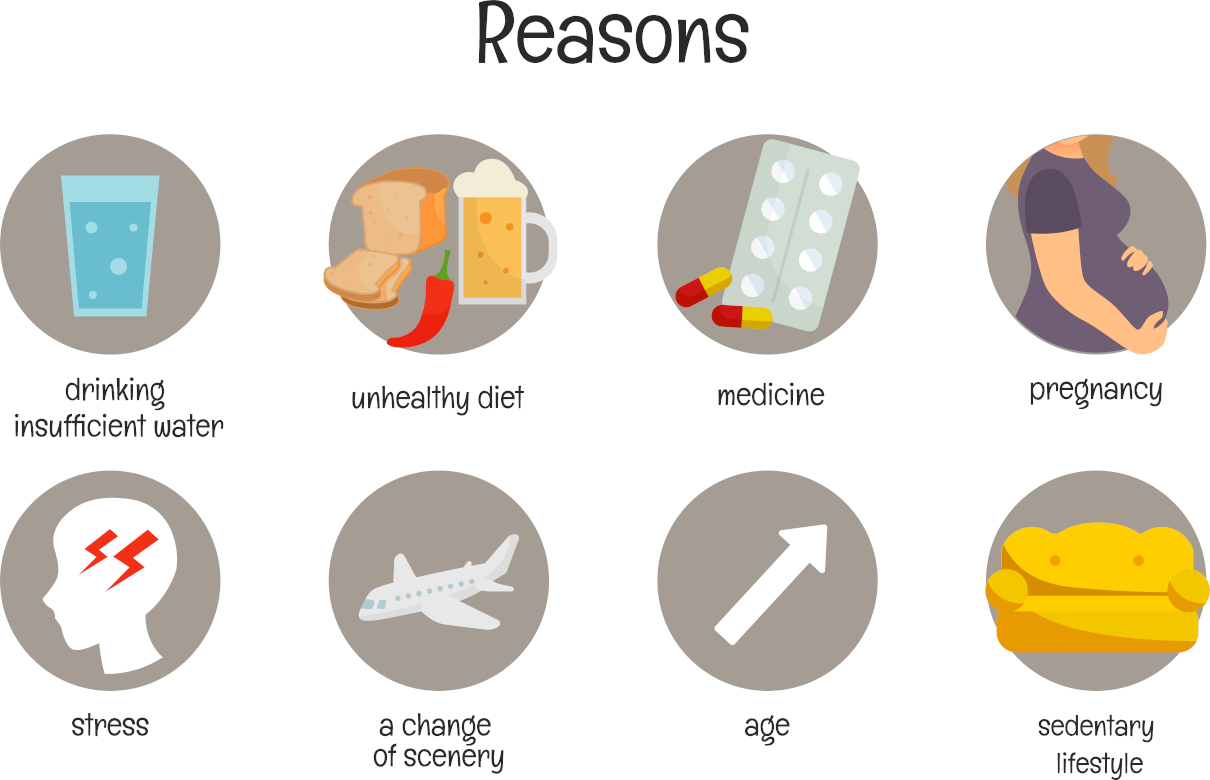
Understanding the common causes of constipation helps us know how the colon (large intestine) works. The colon absorbs water as food moves through it, forming waste products or faeces. Muscle contractions in the colon push the stool toward the rectum. When the faecal matter reaches the rectum, It hardens due to almost complete water absorption. Solid and dry constipation stools occur when the colon absorbs too much water. That happens because of slow or sluggish colon muscle contractions, causing the content to move through the colon too slowly.
Common causes of constipation
- Not enough fibre in the diet
- Not enough liquids
- Lack of exercise
- Low-fat diets
- Medications
- Irritable bowel syndrome
- Changes in life or routine, such as pregnancy, older age, and travel
- Abuse of laxatives
- Ignoring the urge to have a bowel movement
- Specific diseases such as multiple sclerosis and lupus

One colonic irrigation session including consultation
Colon irrigation and comprehensive consultation with a professional colon hydrotherapist registered with RICTAT and ARCH at the Parkland Clinic in Holborn. We use a closed system only—London’s best colonic hydrotherapy deal.
Low fibre diet
Constipation is most commonly caused by a diet lacking fibre from vegetables, fruits, and whole grains and high in fats found in cheese, eggs, and meats. Consuming a sufficient amount of high-fibre foods can reduce the likelihood of constipation. Soluble and insoluble fibre are present in fruits, vegetables, and grains and are indigestible by the body. Soluble fibre dissolves quickly in water, forming a soft, gel-like texture in the intestines, while insoluble fibre passes primarily unchanged through the intestines. The bulk and smooth texture of fibre prevent hard, dry stools that are difficult to pass. A low-fibre diet also contributes to constipation in older adults, who may lack interest in eating and opt for fast foods that are low in fibre. Moreover, seniors with lost teeth may be forced to consume processed and fibre-rich soft foods.
Not enough liquids
Liquids like water, preferably filtered or bottled, and juice add fluid to the colon and bulk to stools, making bowel movements softer and easier to pass. People with constipation should drink enough of these liquids every day, about eight 8-ounce glasses. Other beverages, like coffee and soft drinks containing caffeine, have a dehydrating effect, and we should avoid them.
What causes constipation? – Lack of exercise
Lack of exercise can lead to constipation. For example, constipation often occurs after an accident or an illness when one must stay in bed and not exercise.
Medications
Some factors can slow the passage of bowel movements:
- Pain medications,
- antacids that contain aluminium,
- antispasmodics,
- anti-depressants,
- iron supplements,
- diuretics,
- anticonvulsants for epilepsy.
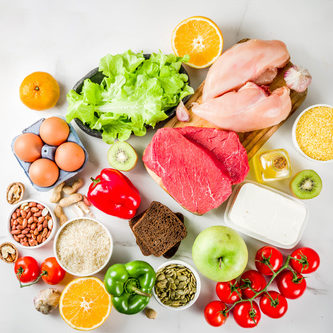
Food intolerance test of 208 ingredients
This is our most comprehensive food and drink test. It analyses your client’s IgG antibody reactions to 208 food and drink ingredients. This test will highlight their food triggers and help you formulate an IgG-guided elimination diet together.
Irritable bowel syndrome (IBS)
Some people with IBS have spasms in the colon that affect bowel movements. Constipation and diarrhoea often alternate, and abdominal cramping, flatulence and bloating are other common complaints. Although IBS can produce lifelong symptoms, it is not a life-threatening condition. It often worsens with stress.
Changes in life or routine
During pregnancy, women may become constipated because of hormonal changes or the heavy uterus compressing the intestine. Ageing may also affect bowel regularity because a slower metabolism reduces intestinal activity and muscle tone. Besides, people often become constipated when travelling because of disrupted regular diets and daily routines.
Abuse of laxatives
Long-term use of laxatives is not usually necessary and can be habit-forming. The colon begins to rely on laxatives to induce bowel movements. Over time, however, laxatives can damage nerve cells in the colon and interfere with its natural ability to contract. For the same reason, regular use of enemas can also lead to a loss of normal bowel function.
Ignoring the urge to have a bowel movement
People who ignore the urge to have a bowel movement may eventually stop feeling it, leading to constipation. Some delay having a bowel movement because they do not want to use toilets outside the home. Others ignore the urge because they are too busy or under emotional stress. Children may postpone having a bowel movement because of stressful toilet training or because they do not want to interrupt their play.
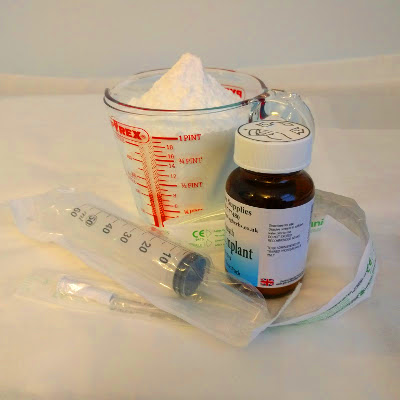
Probiotic implant and alkalising colonic with bicarbonate of soda
Alkalising colonic irrigation with bicarbonate of soda and high strength probiotic implants and comprehensive consultation is available at Parkland Natural Health Clinic.
Recommendations
- Eat high-fibre foods such as fresh fruits, raw green leafy vegetables, and brown rice daily. Also, a diet rich in these foods promotes peristalsis (the intestine contractions that propel faecal matter to the anus for evacuation). Besides, this fibre in these foods attracts water to form a gelatinous mass that keeps faeces soft, bulky and easy to pass.
- Also, eat asparagus, beans, Brussels sprouts, cabbage, carrots, garlic, sweet potatoes, whole grains, and pulses, which contain highly soluble fibre.
- Drink at least eight 8oz glasses of water daily, whether thirsty or not.
- Avoid foods such as dairy and spicy foods that stimulate mucous membrane secretion.
- Also, avoid fizzy drinks, red meat, processed foods, salt, coffee, alcohol, and sugar. These foods are problematic to digest and contain little or no fibre.
- If constipated, eat prunes or figs because these are excellent natural laxatives.
- Get some exercise. Physical activity speeds up waste movement through the intestines. A twenty-minute walk can often relieve constipation. Regular exercise is also essential for preventing constipation in the first place.
- Try going to the toilet simultaneously each day, even if the urge does not exist, and relax. Stress tightens the muscles and can cause constipation. Never repress the urge to defecate.

Bibliography: Murray M, Pizzorno P Encylopedia of Natural Medicine. Prima Health 2nd Edition 1998 Balch J Balch P Prescription for Nutritional Healing. Avery 2nd Edition 1997 Golan R. Optimal Wellness. Ballantine Books 1995







